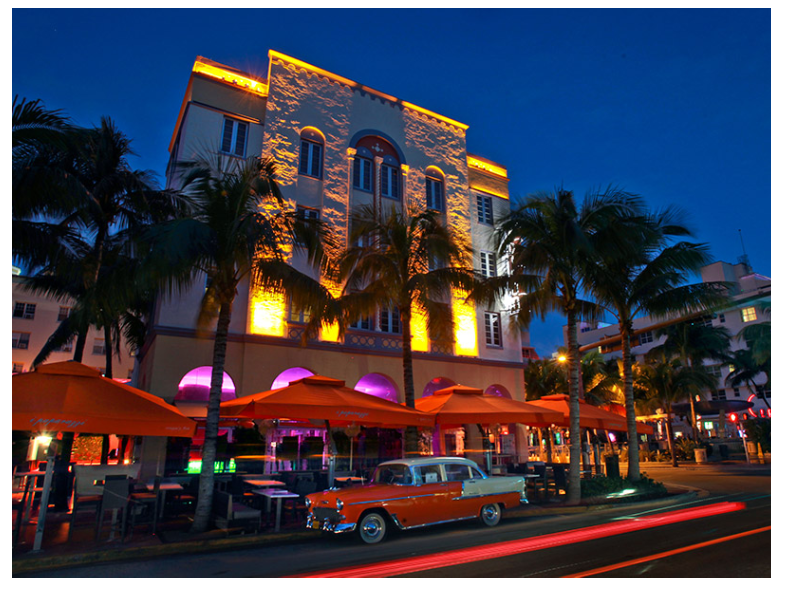I’ve never been a big fan of O Pedro, the Goan-inspired restaurant in BKC, Mumbai. The Goan in me rebels at the idea of ‘my’ food being ‘turned and twisted.’ And yet, there was one man who kept trying to convince me to change my mind: OP’s co-owner and fellow Goan, Chef Floyd Cardoz.
One interaction stands out. I had gone for a meal and got served a dry bebinca. I tweeted about it. Floyd replied immediately, with an apology, asking for details so he could check what went wrong with his kitchen. The next time I interviewed him, he brought it up again. The bebinca recipe was a prized one and belonged to his mother. He seemed genuinely upset that I didn’t like it. “Come back and try it again, on the house,” he said. “I know you will love it.”
That interaction made me realise that beyond the celebrity status and his larger-than-life media personality was a man who was innately proud of his food and just wanted others to feel the same way. He was a true culinary ambassador. He believed in his vision, and his food. He was almost stubborn about it.
And criticism? Floyd always handled it with charm and grace.

O Pedro, a Goan-inspired restaurant, was Cardoz’s second venture in Mumbai with Hunger Inc–an attempt to showcase his native food to the world.
Photo Courtesy: Sanjay Ramchandran/O Pedro
The Bombay-born Goan chef started making waves in 1998, when he opened Tabla, a fine-dining Indian restaurant in New York City, in partnership with Danny Meyer. There was criticism—people thought the food was either too Indian or not Indian enough. Nonetheless, Tabla went on to become a critical hit, cementing Floyd’s legacy as the first Indian-born chef to make his mark on the American dining scene, creating a space for contemporary Indian fare.
Tabla shut in 2010, but Floyd’s star continued to shine. He won season three of the American reality show Top Chef Masters by staying true to his roots and rustling up a wild mushroom upma polenta with kokum. True to form, he donated his winnings to Young Scientist Cancer Research Fund at the Mount Sinai School of Medicine in memory of his father. He opened North End Grill, for Meyer’s restaurant group, and then Paowalla in SoHo, which then turned into the Bombay Bread Bar; they are all shut. In India, he partnered with Sameer Seth and Yash Bhanage to form Hunger Inc. Hospitality in 2015. Together they created two of Mumbai’s most loved restaurants, The Bombay Canteen (TBC) and O Pedro.
The true worth of his legacy can be understood from the outpouring of support and tributes from chefs, diners, food writers and journalists, and even diners form across the world. People have praised his kindness, his enthusiasm, his generosity of spirit, and his talent that extended beyond the kitchen.
Floyd wasn’t just a great chef but a warm human being, soft-spoken, humble and with none of the airs expected from a man of his stature. I never did dine at Paowallah but I was there for its pop up at TBC in November 2016. On seeing my tweet—weirdly enough, we interacted the most on Twitter—about his sol kadhi ceviche, he came over to my table to thank me. It was gesture that stayed long after I left the place. At TBC’s anniversary party earlier this month, our interaction was minimal. I was struggling to find a place to keep my empty glass. Floyd was passing, saw me, and took it off my hands. I protested. He brushed it off, saying, “this is my party, let me be of service.”
The last time I met Floyd Cardoz, we spoke about elephants. It was at the preview launch of Hunger Inc’s third venture, The Bombay Sweet Shop, located near the Byculla zoo. Floyd walked me through the different mithai offerings, explaining the philosophy behind it, and talking about how it has been a labour of love that took two years to come to fruition. “It’s like an elephant,” quipped Floyd. “It took as long to birth!”
This is the memory I will keep of Floyd Cardoz: Chef extraordinaire, food legend and a man quick to laugh at the silliest things.















































